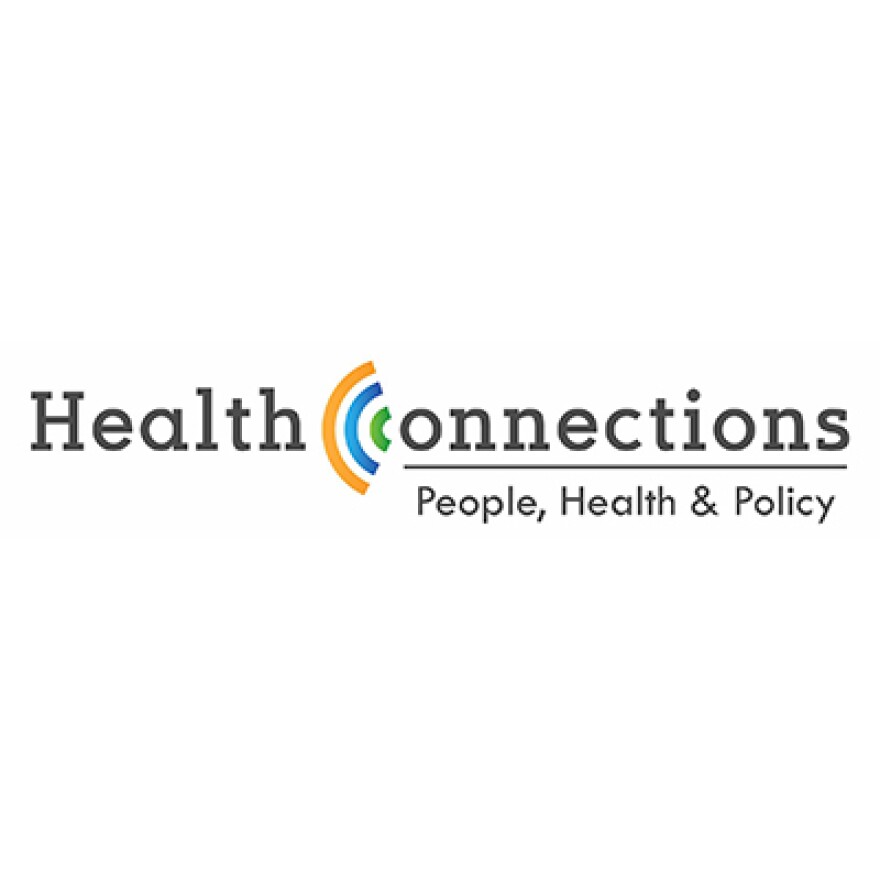WUOT’s Carole Myers: Proposals to cut Medicaid at the federal level are being considered. The Boyd Center for Economic Research at the University of Tennessee recently released a report on TennCare, the state's Medicaid program. Today, we will discuss key findings from the report with Dr. Matt Harris of UT. Briefly describe the TennCare program. What is it?
Matt Harris: TennCare is a federal state cooperative program that provides health insurance for groups of individuals based upon demography and income, meaning children aged 19 and younger with below a certain threshold of the federal poverty line, caretaker relatives, pregnant women, new mothers, senior citizens below the federal poverty line, and individuals with disabilities. It pays for clinical services, behavioral health, nursing care for elderly Tennesseans, Children's Services and Disability Services. It's large. It serves about 20% of the state's population, so a million and a half Tennesseans, that covers half the births and half the children in our state, which is huge in scope, but it's an absolutely vital source of health coverage for a large portion of our state's population.
How well, based on your report findings, does TennCare serve the beneficiaries of the program? And then if you'll talk about how well it serves the state.
So this was done in partnership with SWORPS, Social Work Office of Research and Public Service, and our partners over there surveyed 5000 households, and what we found was that 96% of TennCare heads of household reported their care as being fair or better, with almost 75% as good or better. Those numbers are almost precisely comparable to heads of households with group insurance.
So you surveyed to see the beneficiary satisfaction with TennCare, what would the perspective of the state be about the program? What are the benefits?
So I'd say there's a number of benefits that are tremendous to our state and the hard part is they're hard to quantify in such a tight window of time, but the cost for individuals not having access to health care is just massive. That's the difference between individuals being able to participate in the labor force and not when you cut children off from access to health care that can permanently alter the trajectory of their life for preventable and treatable conditions. Which, by the way, is how we got Medicaid anyway. It was a national manpower study in 1963 related to selective service. So national security helped generate the political will for Medicaid in the first place on TennCare as a Medicaid program. TennCare covers a large set of the population, senior citizens, and people with disabilities that can be very expensive to treat, and if you enjoy reasonable premiums in your group insurance plan, you probably don't realize that part of the reason that premiums aren't higher than they are is because of the work that TennCare is doing to treat these individuals with a really high level of efficiency based on those points.
And as we consider discussions in Washington, DC about the future of Medicaid, what are important points that need to be considered from the three perspectives of the individual, the state and the federal government?
I think the biggest thing that people need to remember is that TennCare and Medicaid are serving a need, and if you choose to remove the funding for that need, that need doesn't go away. It simply gets displaced to other places. This agency is running, not just with a high degree of performance, but a high degree of operational efficiency. And if you cut funding to a high performing and efficient agency, there's going to be costs that spill over to the group insurance market, mainly. And when you think about who'd be affected by reduced funding if there were cuts, it's going to be women. It's going to be mothers, it's going to be children. That's going to be people with often severe health limitations, and those are groups that are worth investing in for the long-run growth of our state, the long run prosperity of our state.
This transcript has been lightly edited for content.
You can find read the Boyd Center's report on TennCare by clicking on this link.




